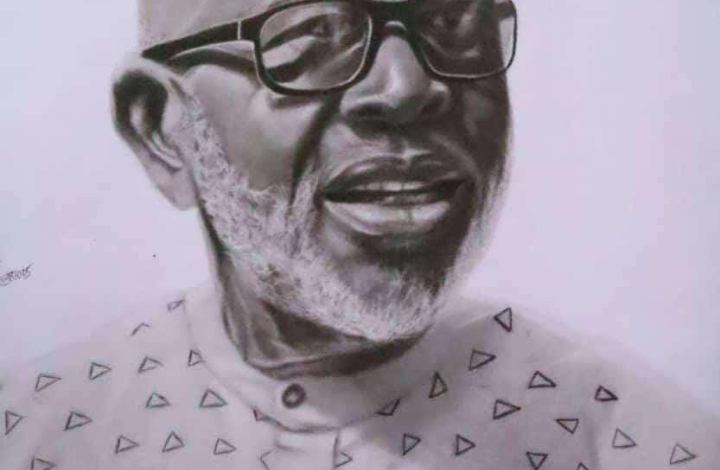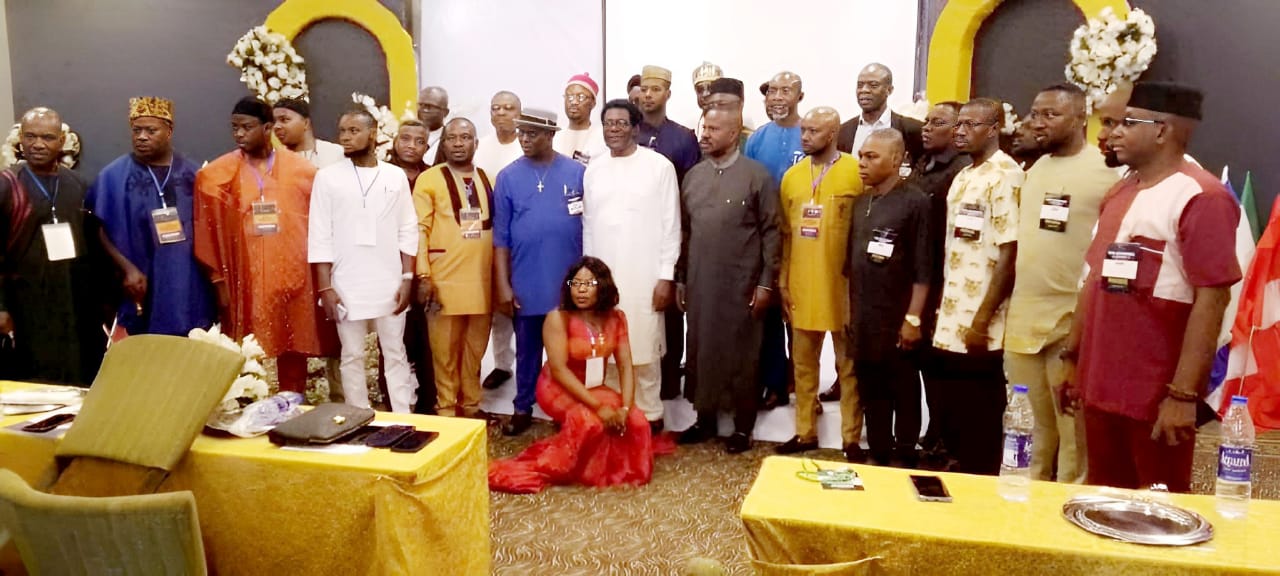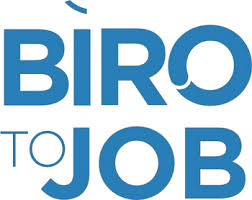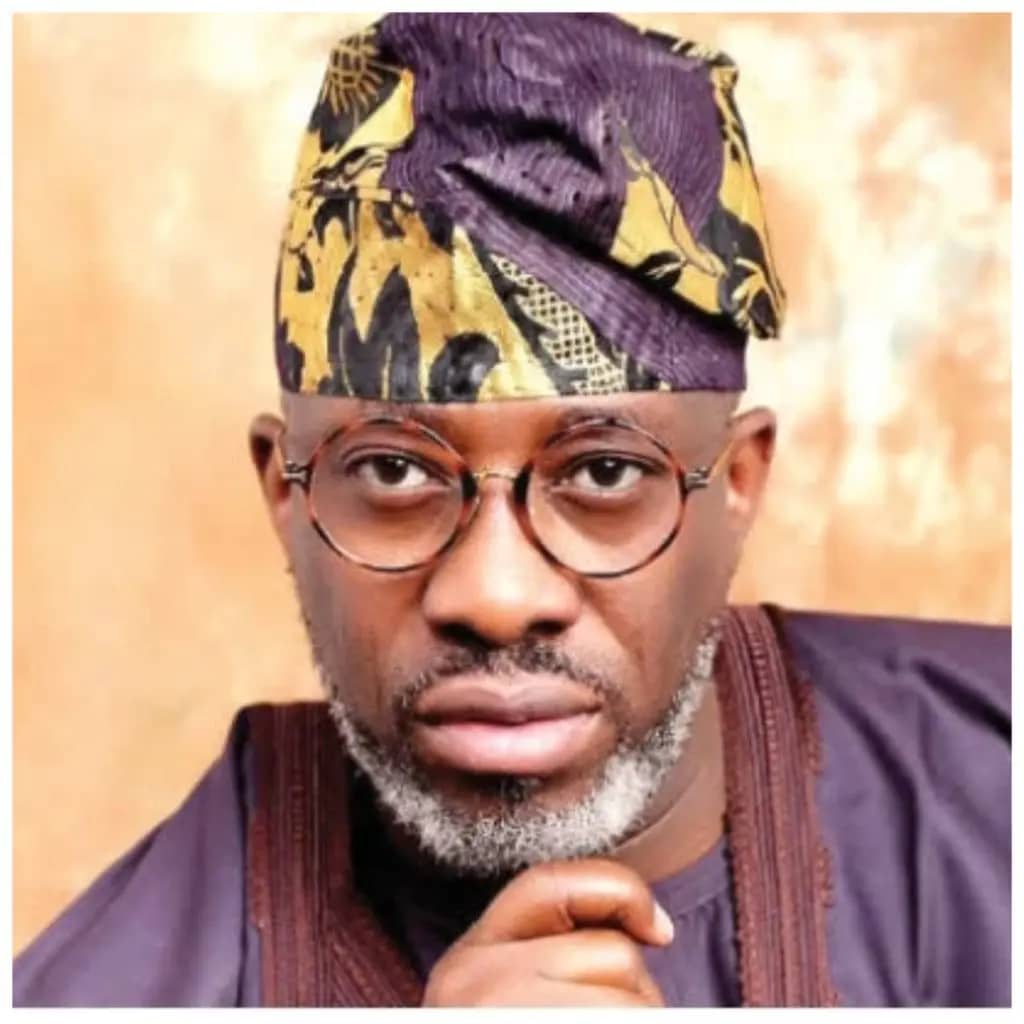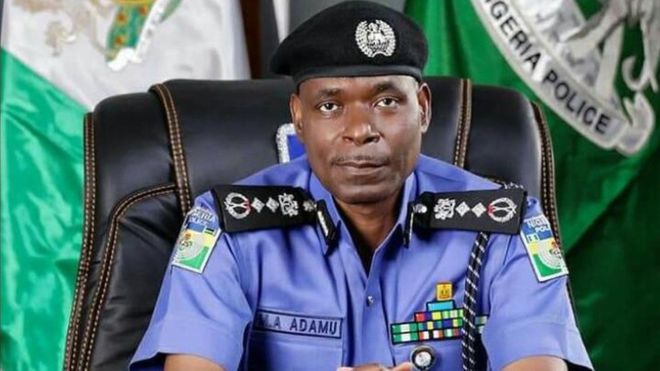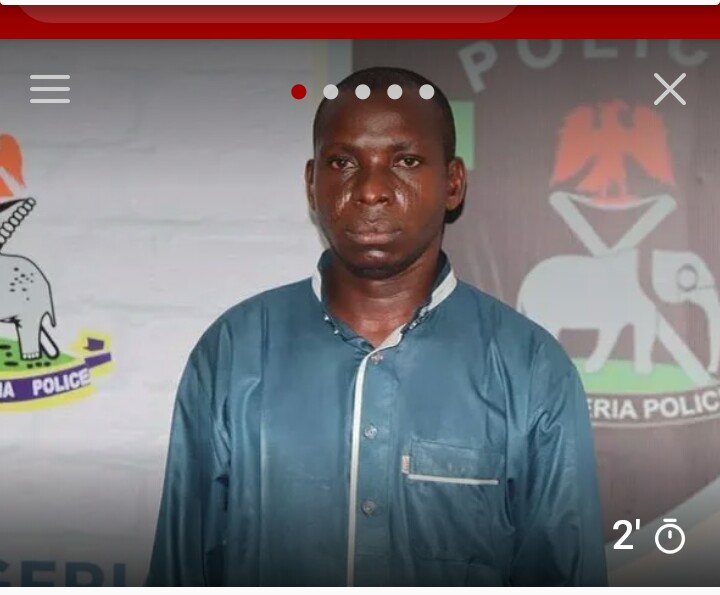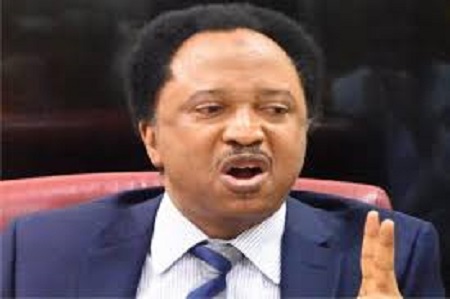Adebanjo, Aregbesola, Duke, Others Insist On New Constitution To Engender Nigeria’s Development
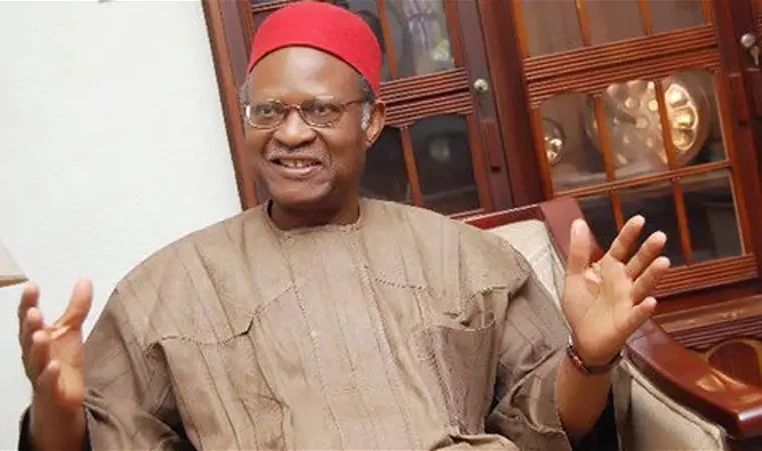
•As Ozekhome, Anya, Fayemi, Tambuwal, Daniel, Duke, Aregbesola, Ibori, others proffer solutions
•Nwabueze regretted contributing to making centre too strong – Mrs Okwuosa, daughter
LAGOS-To halt the raging insecurity and socio-economic crises, and redirect Nigeria on the path of growth and development, there is an urgent need to do away with the 1999 constitution and give Nigeria a new people’s constitution.
This was the consensus of elder statesmen, some serving lawmakers, political leaders and lawyers who converged on Lagos, yesterday, for a National Constitutional Dialogue organised by The Patriots, a group of eminent Nigerians and elders in honour of late legal luminary, Professor Ben Nwabueze, SAN.
Themed: “Lawful Procedures For Actualising A People’s Constitution for Nigeria,” the event was to also mark the 10th anniversary of the convocation of the 2014 National Conference, which was set up by former President Goodluck Jonathan on March 17, 2014.
Eminent Nigerians who spoke at the colourful event include Governor Babajide Sanwo-Olu of Lagos; Chairman of The Patriots and former Commonwealth Secretary-General, Chief Emeka Anyaoku; Afenifere Leader, Chief Ayo Adebanjo; former External Affairs Minister, Senator Ike Nwachukwu; former governor of Akwa Ibom State, Obong Victor Attah; and legal icon, Chief Mike Ozekhome, SAN.
Others who shared their thoughts include elder statesmen, Professor Anya O Anya, and Chief Solomon Asemota, SAN. Senator Aminu Tambuwal, Senator Gbenga Daniel, Chief Olabode George, former governors Kayode Fayemi (Ekiti), James Ibori (Delta), Ibikunle Amosun (Ogun), Donald Duke (Cross River), Rotimi Amaechi (Rivers), Dr Kalu Idika Kalu, Dr Tunji Abayomi, Alhaji Yerima Shettima and Chief Ifeyinwa Ezenwa, a 2014 confab delegate.
Chaired by Chief Anyaoku, the event was attended by a host of 2014 confab delegates who lamented the recurring wastage of billions of naira on constitution amendments by the National Assembly and sought an end to the unending exercises without commensurate results.
Indeed, Governor Sanwo-Olu, who lamented that he did not know why some leaders at the presidency make 360 degrees turn on issues they canvassed at the state level in the past, promised to collaborate with The Patriots and other stakeholders to ensure true federalism. The governor added that he did not understand why a federal agency in Abuja should be telling Lagosians what happens on the shoreline of Ozumba Mbadiwe.
Also, Senator Tambuwal promised to take the matter to the National Assembly, alongside Senator Daniel, noting that a doctrine of necessity from the legislature might be needed to overcome the constitution amendment lacuna provided by the 1999 Constitution.
Former Minister of Transportation, Mr. Rotimi Ameachi, said it was time for action, noting that “we have had this talk over and over, there’s no change. There’s a need to do something.”
On his part, Aregbesola called for a return to the parliamentary system of government, warning that the executive presidential system would kill Nigeria, if not dropped.
Attah said there was dire need for a completely new constitution, not an amended constitution.
Recalling that Professor Nwabueze regretted participating in saddling the centre with humongous powers in the name of ensuring national unity, he said the late legal giant regretted that “instead of producing unity, it is producing disunity.”
According to him, one of the fundamental and cardinal flaws of the 1999 constitution is the concentration of powers in the centre.
“We might not achieve true federalism because the basis has proven to be misguided. The unity we set to achieve was not achieved, what we achieved was more disunity. From this, it becomes critically clear that the underpinning principles that guided the drafting of our constitution has turned out to be misguided.”
Pluralist states like Nigeria succeed on true federalism — Anyaoku
Chief Anyaoku set the ball rolling via his opening remarks.
He said: “I would like to make brief observations of what I consider incontrovertible facts that should form the background of our discussions here today.
”First, Nigeria is a pluralistic country that is still struggling to become a nation, a nation with assured political stability and progressive socio-economic development. The fact from across the world is that some pluralistic countries have succeeded in becoming nations, while other pluralistic countries have failed and disintegrated.
”The lesson from this is that pluralistic countries which have succeeded in becoming nations, have generally practiced true federalism, with considerable powers devolved to the federating units.
”This fact, I must say, was recognized by the founding fathers of Nigeria who negotiated painstakingly and agreed to the independence constitution of 1960 extended to 1963.
”The second incontrovertible fact that I would like to state is that our present 1999 constitution as amended not only lacks the legitimacy that flows from a democratically made constitution, but also has proved to be unsuitable for tackling many of the serious challenges currently confronting our country.
”Thirdly, it is a widely recognized fact that the crucial areas of the country have significantly deteriorated and are continuing to deteriorate.
“To mention just a few of such areas, security of the citizens’ life and property, economic well-being of the citizens, infrastructure, including roads and education and health facilities, social cohesion and social values, and the sense of national unity. These are areas where significant deterioration has occurred over the years.
“I’d like to conclude my brief remarks by saying that there has been no shortage of opinions and prescriptions of the nature and content of what should be a suitable constitution for a pluralistic country.
”Many commentators have expressed the view that the 1963 constitution, as well as the recommendations of the 2014 National Conference, provide an inescapable guide in this respect.
Why 1999 constitution’s faulty, unacceptable – Ozekhome
Delivering the guest lecture, Chief Ozekhome, who recalled that the 1999 Constitution, apart from many ambiguities, came into being via a military decree 24 of 1999, noted that the procedure by which a constitution came into being was not only important but actually more important than the content of the constitution itself.
Noting that the 1963 constitution was the best so far and recalling what the regions did because they had control of their resources and contributed 50 per cent to the centre from which they also shared 30 per cent, he stressed the need for a new grundnorm along that line.”
“The 1999 Constitution was imposed on you and me, militarily, by a military junta, led by General Abulsalami Abubakar, 28 members of the Provisional Ruling Council. It was never subjected to any referendum of the people. And guess what? The present constitution was attached as a mere schedule…
”Nigerians must own their own constitution through a popular referendum of the people like was done to the Midwest constitution on the 10th of August 1963 when it separated from the Western region. Without that, we will just be on the journey to no destination.”
